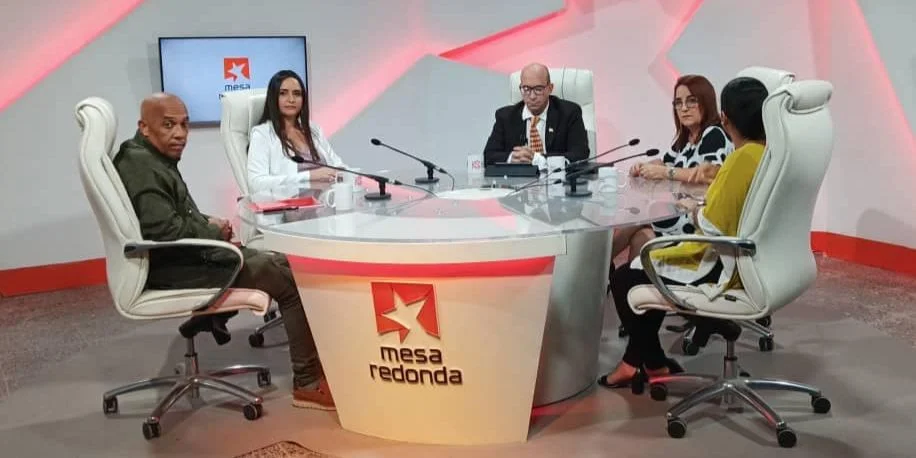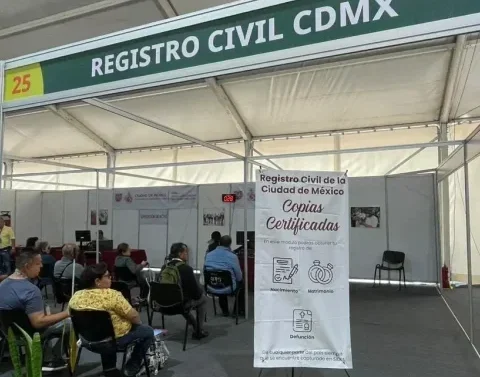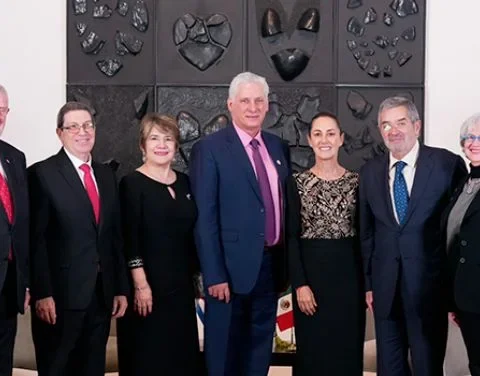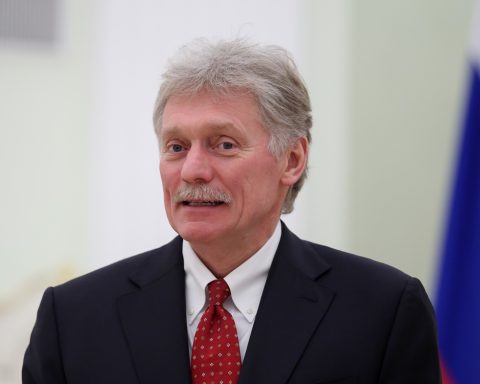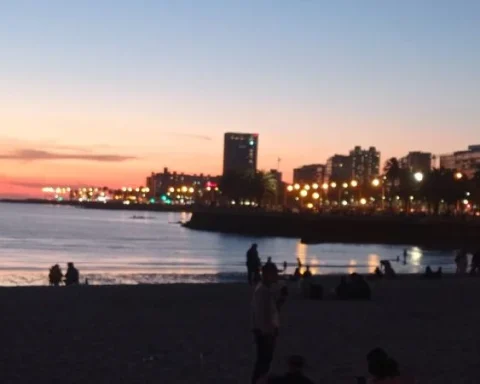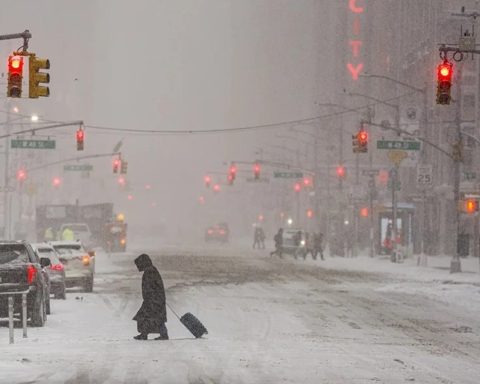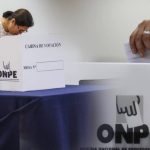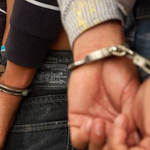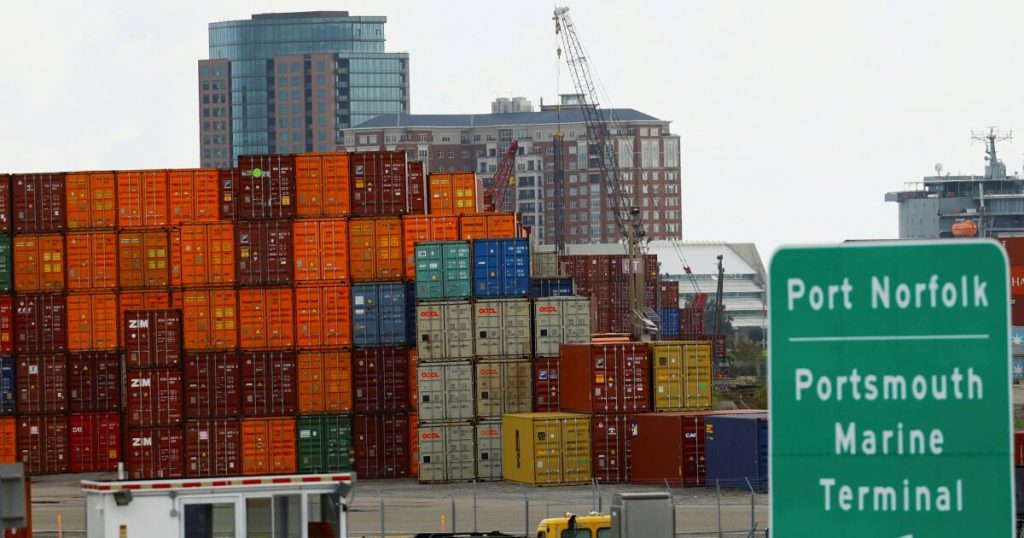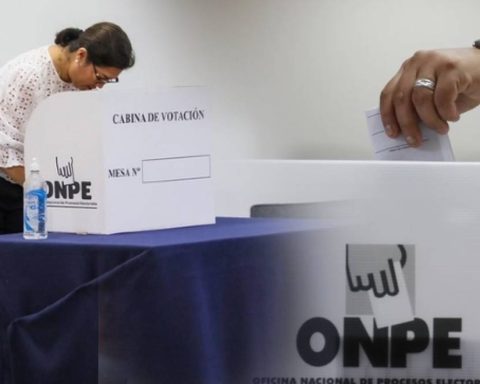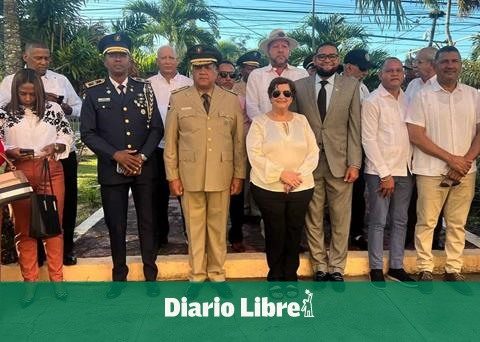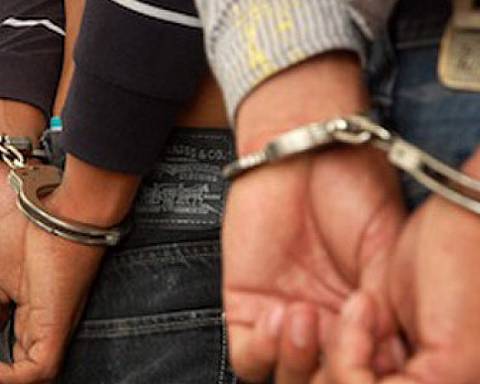MIAMI, United States. – This Friday, October 4, the Cuban regime will put its Social Communication Law into force. According to officials from the Institute of Information and Social Communication (ICS)this standard seeks to improve the communication system in the country. However, it has already been criticized as a new instrument by the Cuban authorities to limit freedom of expression and access to information.
Belkis Pérez Cruz, vice president of the ICS, said this Wednesday in the state program Round Tablethat his entity had visited “162 municipalities in the country” to socialize the new regulations. He also pointed out that, although the ICS staff is not complete, “89% of the municipalities already have heads or specialists” who will be able to begin working under the new legal framework.
For their part, critics have pointed out that this law could increase State control over the media and information channels. Although Pérez Cruz highlighted the “collective” nature of the implementation process, the central role of the ICS in regulating all aspects of communication—from organizational to community media—could consolidate the regime’s control over the messages that are transmitted. to the population.
One of the most discussed aspects of the law is the regulation of advertising. Lorayne Izquierdo O’Farril, deputy director general of Advertising and Sponsorship of the ICS, stated that “the law recognizes advertising and sponsorship as part of the communication system,” but also clarified that advertising will be subject to strict control. According to the regulations, advertising of products such as tobacco or alcoholic beverages will be restricted to certain times and may not use public figures such as athletes or artists.
While it is true that the protection of vulnerable sectors is important, the centralization of advertising control in the hands of the State could limit promotion opportunities for non-state actors, especially in a context of economic crisis.
Isidro Betancourt Silva, deputy director general of Media Communication of the ICS, also addressed the role of the media in this new scenario and emphasized the obligation to update the records of websites and serial publications. “This is not a regulation in the sense of imposing restrictions,” Betancourt said.
However, the insistence on registration and control over media outlets that want to access benefits raises concerns about how this new law could affect the independent press. In a country where the media has historically been under state control, the new regulations can be perceived as a tool to further limit dissident voices and maintain tight control over the information available to citizens.
After the approval of the law, the Inter-American Press Society (IAPA) condemned the Cuban regime for its “ploy to legalize censorship,” which reinforces the repression of press freedom and restriction of citizens’ freedom of expression.
Michael Greenspon, new president of the SIP and global director of Licensing and Printing Innovation of The New York Timesdenounced the tightening of restrictions on the media and journalists on the Island.
“It is clear that the regime increases new forms of censorship against media and journalists through administrative and legal restrictions to defuse social discontent,” Greenspon declared, according to the note published on the IAPA website.
“In its more than six decades of existence, the Cuban dictatorship has specialized in restricting freedoms and violating human rights,” he added.
As derived from its postulates, the regulations It will not guarantee freedom of the press on the Island nor will it allow the dissemination of content independent of that produced by the State; It only recognizes the legality of the media that are linked to the Communist Party of Cuba (PCC), the only legal party in the country.
Since its approval, journalists and various non-governmental organizations have indicated that the law will represent a tightening of restrictions on independent digital media in Cuba, which will continue not to be recognized by the regime and whose journalists are subject to harassment and threats of prison. the authorities.
In its article 13.1, for example, it states that “the contents can in no case (…) be used with the objective of subverting the constitutional order and destabilizing the socialist State”; “defame, slander or insult people, bodies, agencies, State entities, political, mass and social organizations of the country.”
This issue is also covered by the Penal Code (in force since December 2022), specifically in its article 185.1, on the crime of “disobedience”, the penalty for which could be six months to three years of deprivation of liberty, or a fine of up to 300 fees for threatening, slandering, defaming, insulting, libeling, insulting or offending a public official, authority or their agents or auxiliaries.
